Consider following scala script:
import scala.reflect.internal.util.ScalaClassLoader
object Test {
def main(args: Array[String]) {
val classloaderForScalaLibrary = classOf[ScalaClassLoader.URLClassLoader].getClassLoader
println(classloaderForScalaLibrary)
val classloaderForTestClass = this.getClass.getClassLoader
println(classloaderForTestClass)
this.getClass.getClassLoader.asInstanceOf[ScalaClassLoader.URLClassLoader]
}
}
The output is:
scala.reflect.internal.util.ScalaClassLoader$URLClassLoader@71c8becc
scala.reflect.internal.util.ScalaClassLoader$URLClassLoader@71c8becc
java.lang.ClassCastException: scala.reflect.internal.util.ScalaClassLoader$URLClassLoader cannot be cast to scala.reflect.internal.util.ScalaClassLoader$URLClassLoader
at Main$.main(Test.scala:8)
at Main.main(Test.scala)
at sun.reflect.NativeMethodAccessorImpl.invoke0(Native Method)
at sun.reflect.NativeMethodAccessorImpl.invoke(NativeMethodAccessorImpl.java:62)
at sun.reflect.DelegatingMethodAccessorImpl.invoke(DelegatingMethodAccessorImpl.java:43)
at java.lang.reflect.Method.invoke(Method.java:498)
at scala.reflect.internal.util.ScalaClassLoader.$anonfun$run$2(ScalaClassLoader.scala:98)
at scala.reflect.internal.util.ScalaClassLoader.asContext(ScalaClassLoader.scala:32)
...
Why can't I cast ScalaClassLoader$URLClassLoader to ScalaClassLoader$URLClassLoader?
Edit:
On running:
scala -J-verbose:class Test.scala | grep ScalaClassLoader
The output is:
[Loaded scala.reflect.internal.util.ScalaClassLoader$URLClassLoader from file:/C:/Development/Software/scala-2.12.2/lib/scala-reflect.jar]
...
...
[Loaded scala.reflect.internal.util.ScalaClassLoader$URLClassLoader from file:/C:/DEVELO~1/Software/SCALA-~1.2/lib/scala-reflect.jar]
So there is definitely some shady class loading going on. Now trying to investigate why this is so
